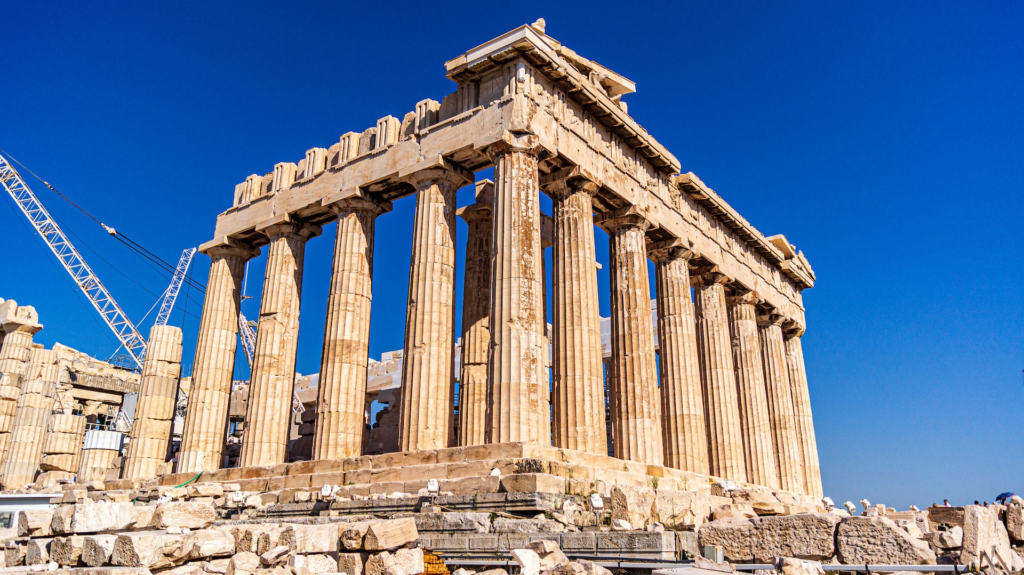Greece Plans 50% Increase in Acropolis Entry Fees by 2025
In a recent development, Greece is gearing up to raise the entry fees for the iconic Acropolis by 50 percent in 2025. Visitors to this historical landmark will be required to shell out more money starting from 2025, with the proposed hike taking the ticket cost from the existing EUR 20 to EUR 30.
Culture Minister Lina Mendoni has provided details on this adjustment, emphasizing the necessity to bring Acropolis fees in line with the European average. The planned modification is scheduled to take effect on April 1, 2025, following unanimous approval from the State Archaeological Council for an extensive restructuring of ticket prices across approximately 350 archaeological sites and museums in Greece.

Alongside the fee revision, there are concurrent plans to introduce private tours of the Acropolis entry fees for smaller groups both before and after regular visiting hours. While this personalized service offers a more exclusive experience, it comes with a substantial price tag of EUR 5,000. Despite the fee increase, the Acropolis remains a highly sought-after destination, drawing over three million visitors annually.
This move aligns with the broader initiatives of Greece’s conservative government, which seeks to involve private management in overseeing the nation’s state-run museums and historic sites. However, these efforts have faced opposition and led to a one-day strike by Acropolis patrol guards who are against the proposal to delegate ticket control responsibilities to private contractors.
Furthermore, the government’s legislation allowing the display of rare antiquities beyond Greece has raised concerns among archaeologists regarding the potential long-term ‘export’ of invaluable artifacts. As reported by AFP Relax news via The Straits Times, this law empowers top Greek museums to establish satellite branches abroad, unfolding amid ongoing negotiations with the British Museum concerning the contentious matter of the Parthenon Marbles.






